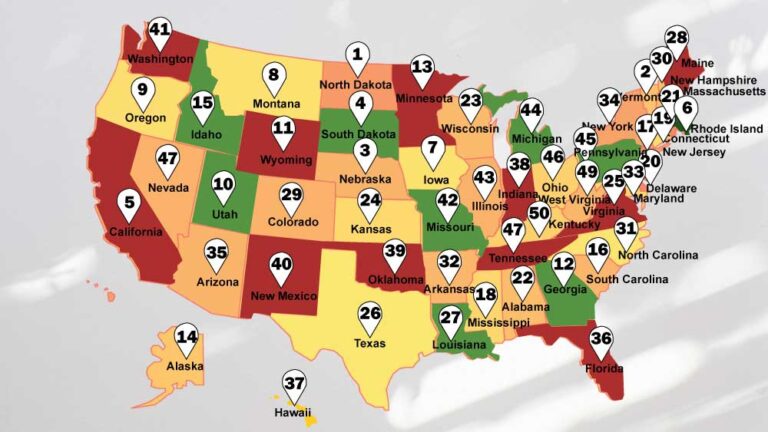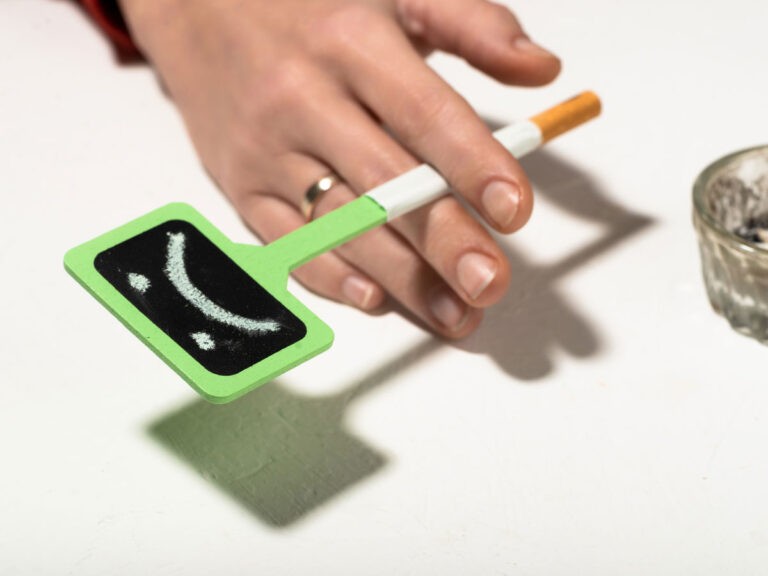
A mother can work three jobs, unreasonable hours, and push her body over its natural limits trying to earn enough money for her family. She may or may not succeed in achieving her financial goals, as many people are stuck in a similar situation. They are doing a lot while they aren’t earning enough money to live in line with the life they would be happy to live.
Others never seem to be working, but they are often seen enjoying a prosperous life full of luxury, prestige, and power. They may have earned this privilege or maybe they inherited it. Still, this difference between the have and have nots may seem unfair and it can affect our sense of fairness and justice.
Yet, how much we will achieve in life will totally depend on us and on the decisions we make. The “right” decisions will lead to positive outcomes, while “wrong” decisions will lead to negative outcomes. Now, in order to be financially happy, all we need to understand is what kind of decisions will lead to positive and negative outcomes.
Everyone Has a Price
In movies, I often hear an expression that states that “everyone has their price.” This refers to an idea that if you pay this person, their price they will do what we want. Similarly, in life, we all seem to have a price and we can learn to calculate and influence it in order to maximize our financial happiness.
For example, if you visit Thailand, you will see many people working hard to earn pennies doing things like cooking for others on the streets. This lifestyle wouldn’t be possible for anyone living in Sweden, where the cost of living simply does not permit the locals to accept the same time commitment and paycheck as it is possible for people in Thailand. As such, a Swedish person will naturally look for opportunities which will give them access to a higher paycheck, forgoing countless less profitable offers. They do it not because of some inherent logic or calculation, but because they have to.
Similarly, rich people would never accept working for the same job that less wealthy people often accept. For them, this does not make sense. Their paycheck has to be proportional to how much they already achieved, which is why they would rather spend money looking for the right opportunities than jump on a less profitable opportunity.
Overall, there seems to be an amount of money each and everyone of us has in our minds, which is a number that will say “yes” to. The trick is to realize what this amount is and learn how to maximize it.

How Much a “Yes” Really Costs
To understand how much “yes” costs, all we need to understand is how much a “no” costs. For example, if I would offer you $1 to completely recode my whole website, would you do it? Probably not, because this is too little money and it may be outside your expertise. However, if I would offer you 1 million dollars, would you learn this skill and do this task? Probably, given this new incentive, you will be that much more likely to accept this task.
The next step is to find a minimal point between the $1 and 1 million where you would still say “yes” to my offer. We also then need to look at other jobs you would be willing to do and to find the task at the lowest price, which you would still be willing to do. This “yes” point will be your current financial happiness price, as we mentioned in the previous part.
Increase Your Standard to 10x Your Income
In his book The 10x Rule, Grant Cardone states that not only we need to do more but also increase our goals by 10 times in order to achieve exactly what we want from life. In his words, if you want to earn 100,000 USD you need to aim at earning a million and you will probably achieve 100K. Respectfully, if your goal is to earn 100K, you are likely to respectfully earn 10K.
As such, there is a problem with setting our “yes” price too low, as if we accept to settle down for something simple, we are likely not even to achieve that result. Respectfully, we need to continuously reach for more, since when we don’t accept lower offers, we will progressively zero in on an offer that we really want from life.

When We Should (Not) Work on Our Passion
Often, when students who attend schools or universities that teach music, religious studies, sociology, or other specializations, they are told that it is very unlikely that they will earn a good paycheck doing these arts, at least in the near future. Still, many people pursue these degrees knowing full well that it will take many years before they will earn any serious income from their education.
And while money matters, it only does to a certain degree, where we don’t need all the money in the world to be happy, yet at the same time, we need to have enough money, as the lack of it will become the cause of our problems and will cause us unhappiness.
In other words, while we all want to do things that we are passionate about, we also want to be paid to work on our passions. This may be possible in certain cases, but surely not everyone can find this life balance.
On the other hand, we can choose to work and do things that few people would be passionate about, later on spending our paycheck pursuing happiness. For example, by default, I imagine that nobody wants to work in the shipping container business, cleaning sewages, or in morgues. However, someone has to do this work and sometimes these professions can be quite lucrative.
Overall, we may need to understand whether our current desires and actions will transform into the life we desire, automatically discarding certain actions and focusing on others that have the potential to bring the income we envisioned for ourselves.
How Wrong Decisions Influence Our Life Decisions
In his book Outliers: The Story of Success, bestselling author Malcolm Gladwell states that success comes as an accumulation of advantages, while failure comes as an accumulation of disadvantages. As such, what we do matters. In our first example of an overworked mother, she may know her current workload is impractical, and that she needs to find some other way to earn enough money. However, because she already said “yes” to certain commitments in the past, she has that much less time and energy to look for new opportunities, being progressively boxed into a life she may not want.
It is therefore imperative to make the right decision as soon as possible and to make them as often as possible, respectfully avoiding the wrong decisions. We can do so by realizing how much our “yes’” costs, 10x’ing it, and never settling for anything less than what we envisioned for ourselves. Over time, by doing so, we will start focusing on the “right” opportunities and discard the “wrong” ones, which will make us financially happy.















